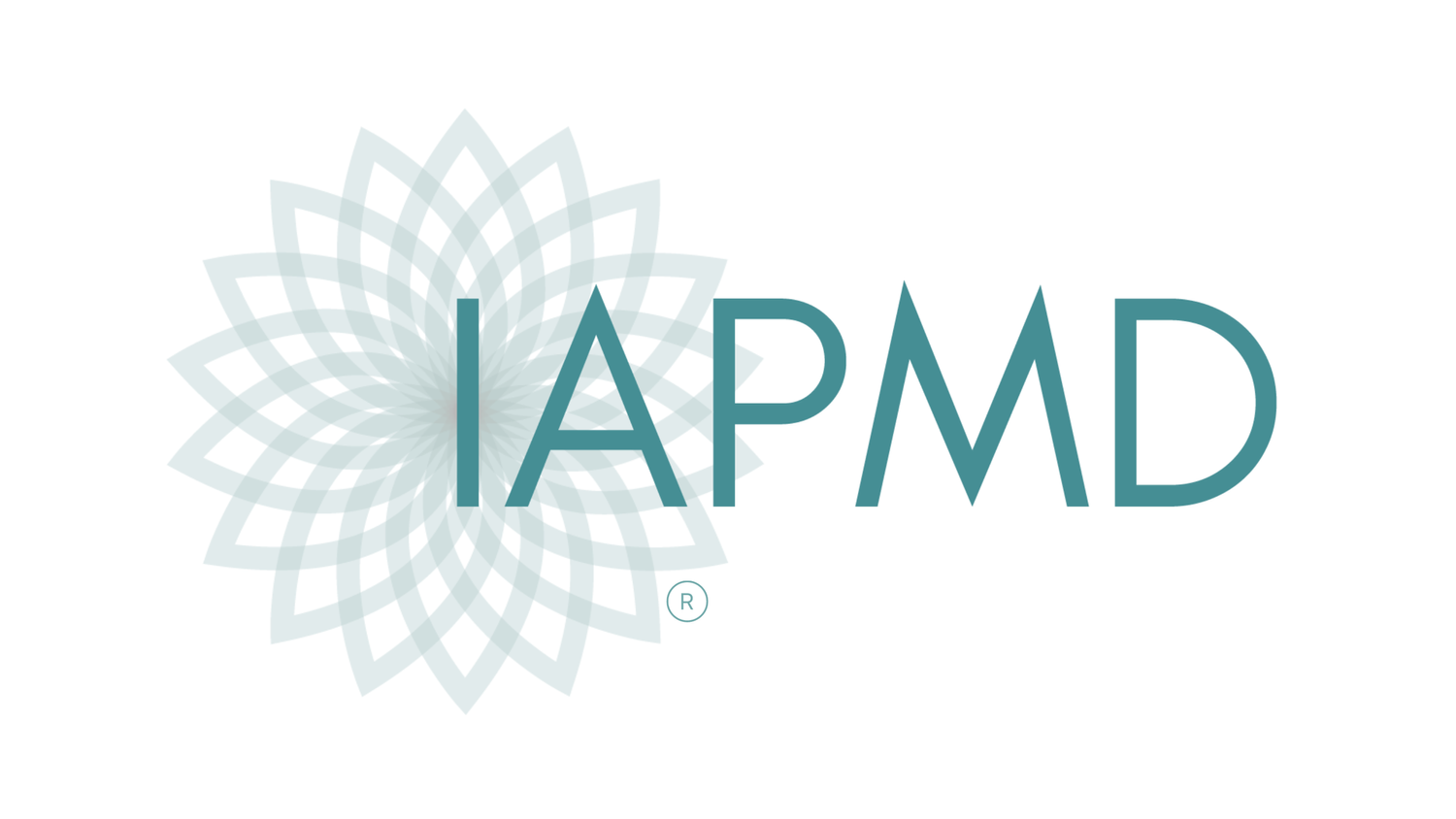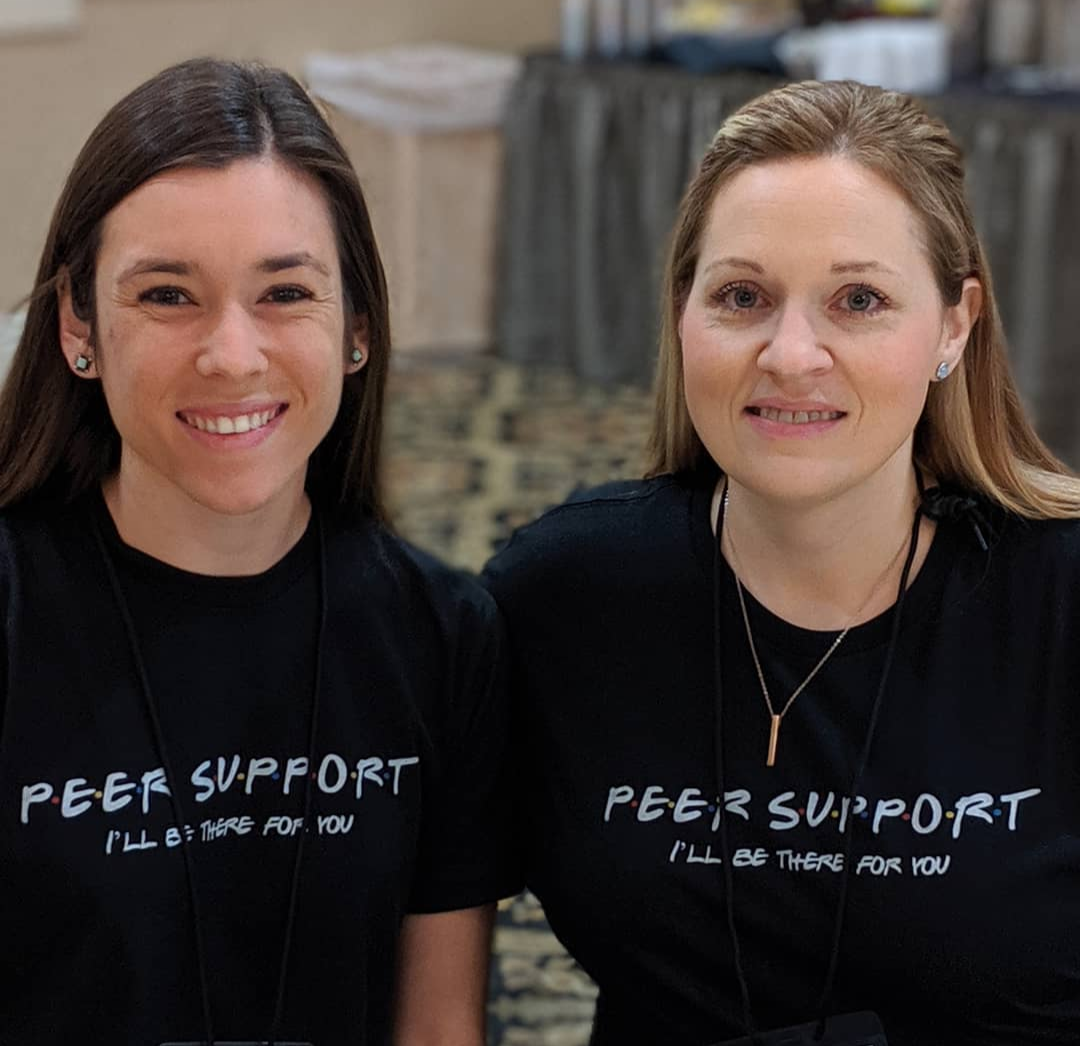Peer Support Provider
Are you ready to help others in their journeys with PMDD and PME? Join our global team of peer support providers!
What is a Peer Support Provider?
Peer Support Providers (PSPs) offer support, resources, and hope for others. Peers draw upon their own life experiences, particularly how they have found hope and overcome times of distress, and use that experience to empower others. Lived experience allows peers to have a body of knowledge that is extremely useful to others going through similar struggles; they are able to understand others in a way that is real and empathetic.
What positions are available?
There are several ways to get involved as a peer support provider:
Running a video support group - our video groups provide general PMDD/PME support and can also cover special topics such as relationships, support for partners, holistic PMD care, LGBTQIA+ support, and more!
Assisting with our INSPIRE forum as an admin
One-to-one email support
Assisting on our Facebook groups as an admin
Brett, former Peer Support Team Lead, and Sandi, IAPMD Executive Director, attending the International Association of Peer Supporters (iNAPS) conference in San Diego, CA, October 2019.
What do Peer Support Providers do?
Peer Support Providers provide advocacy, connections to resources, experiential sharing, community building, relationship building, skill building/mentoring/goal setting, socialization/self-esteem building, education/awareness. Peers also screen for safety issues (i.e. suicidality) and support individuals seeking help in maintaining their emotional and physical safety. All Peer Support Providers receive comprehensive training, supervision, and co-worker support.
What does training cover?
Peer Support Providers will be required to complete a self-paced, virtual training program prior to providing services. This training program is free for IAPMD volunteers and focuses on the following training objectives:
Setting boundaries and keeping up self-care
Being a confidante
Identify Crisis Warning Signs
Using appropriate language and tone
Signposting to resources and further support
How many hours does a Peer Support Provider work?
We ask for a minimum of 2-4 hours per week around your schedule. Providers may also assist in the IAPMD global Facebook support group at facebook.com/groups/iapmd. This is a voluntary role.
Where do Peer Support Providers work?
In this non-clinical role, Peer Support Providers will work virtually and collaboratively with IAPMD Peer Support Program Directors, team leads, co-volunteers, and the community. Peer Support Providers will advocate on behalf of those affected by PMDD and PME while helping individuals in the community navigate the health and social services systems. Candidates will work closely with individuals in the PMDD community to address problems and answer questions, gather and provide information and support, and connect individuals to resources and to the community.
Bilingual and Multilingual Peer Support Providers
IAPMD provides resources and information to people all around the globe, and our Peer Support Program is no different. To accommodate the diverse language backgrounds of our community, we encourage Peer Support candidates with bilingual or multilingual aptitudes to apply. Candidates will need competency in the English language to complete Peer Support Training but can use their learned skills to provide Peer Support in any language they are comfortable.
How do I get started?
Please complete and submit the application form below to apply!

